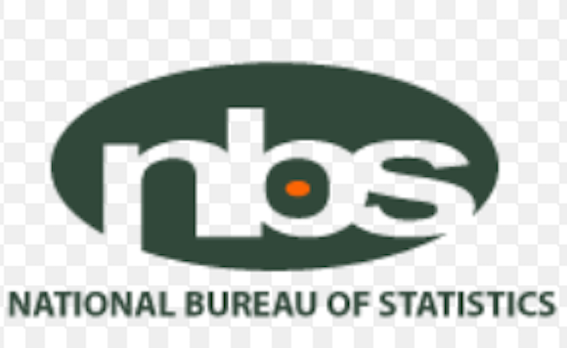The Federal Government is worried by the minor slump in its Gross Domestic Product in the second quarter of this year.
However, the government is excited by the positive growth in the non-oil sector of the economy.
A report released Monday by the National Bureau of Statistics, NBS, indicated that the economy had continued to register positive growth in certain sectors, despite the prevailing security challenges, with the non-oil sector growing by 2.05 percent during the period.
In response to the development, Senator Udoma Udo Udoma, the Minister of Budget and National Planning, expressed delight over the positive signs in the economy, saying they indicated that the Economic Recovery and Growth Plan, ERGP, his ministry was driving was yielding positive results.
Udoma described the 2.05 per cent growth in the non-oil sector as the strongest growth in the non-oil GDP since the fourth quarter of 2015.
The NBS Report indicated that the non-oil growth was driven by Transportation (road, rail water and air) which grew by 21.76 per cent, supported by Construction 7.66 per cent and Electricity 7.59 per cent. These three are priority areas of the ERGP. Other non-oil sectors that drove growth in the second quarter include Telecommunications which grew by 11.51 per cent, Water supply and Sewage 11.98 per cent and Broadcasting by 21.92 per cent.
The Minister, however, regretted that there was a slight drop in real GDP growth rate for the second quarter principally as a result of the contraction in the oil sector. The Oil and Gas sector contracted by -3.95 per cent in the second quarter of 2018 compared to a growth rate of 14.77 per cent recorded in the first quarter of 2018 and 3.53 per cent in the corresponding period in 2017.
According to him, the contraction in the Crude oil and Gas sectors is attributable to some production issues which are being addressed by NNPC.
He pointed out, for instance, that the average crude oil production was only 1.84 million barrels a day in Q2 2018 as opposed to an average production of 2 million barrels a day in Q1 2018.
But he is optimistic that once these issues are addressed the nation should be able to, once more, achieve positive growth in the oil and gas sector.
A statement by Mr. Akpandem James, the Minister’s Special Adviser on Media, also said that the the slightly weaker growth in the Agriculture sector which slowed to 1.19 per cent in the second quarter in 2018 compared to 3.0 per cent in the first quarter of 2018, alsp posed another concern to the administration.
But the development, they noted, was partly attributable to the security challenges mainly in the North East and North Central zones.
“These security challenge affected activities of farmers with the resultant impact on commodity output; but he indicated that the various measures being taken by government to tackle the situation is already reducing incidents of violent conflicts and other disruptions to farming activity. He therefore expects to see a rebound in growth in the Agriculture sector in subsequent quarters.
“The ministser is happy to see that Industry has continued to maintain a positive growth rate as a result of the performance of Manufacturing and Solid minerals, which retained positive growth of 0.68 per cent and 5.24 per cent respectively in the second quarter of 2018; while the Services sector recorded its best GDP performance in nine quarters, growing by 2.12 per cent in the second quarter of 2018 compared to a contraction of -0.47 per cent in the first quarter of the year and of -0.85 per cent in second quarter of 2017.
“The Minister is encouraged by these GDP growth results, which he said, is also consistent with improvements in other indicators including inflation and capital inflows, amongst others,” the statement said.
“He is also happy to note that the Nigerian economy has continued to attract significant capital inflows, noting, “The total value of capital importation into Nigeria stood at $ 5.5 billion in the second quarter of 2018, representing a 207.62 per cent increase compared to the second quarter of 2017”.
“While capital importation declined slightly in the second quarter of 2018, the total for the first half of 2018 at $11.8billionrepresents the highest half year capital importation since 2014, indicating increasing confidence in the Nigerian economy,” he pointed out.
The NBS Report shows that headline inflation has consistently declined every month since January 2017 through July 2018 from 18.72 per cent to 11.14 per cent. The consecutive disinflation year on year, which is the eighteenth in a row, has resulted in the lowest rate of inflation since June 2016, he stated.

